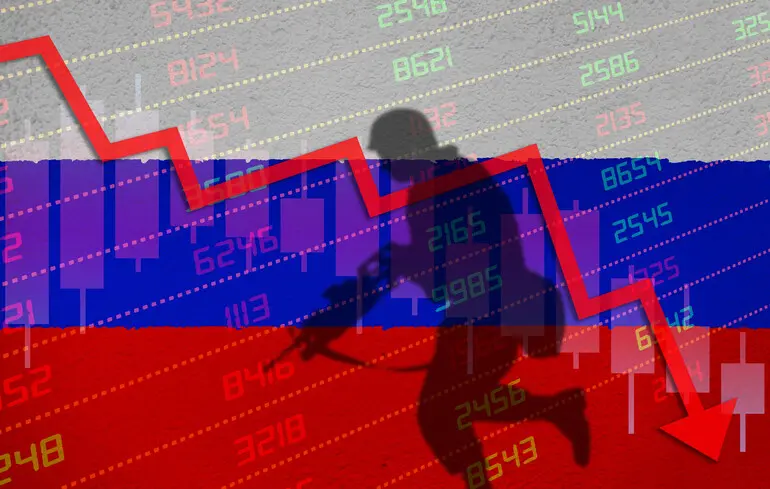Russia Faces Financial Strain: Potential VAT Increase and Growing Budget Deficits

As the Russian government confronts an looming financial crisis, concerns mount over the country’s economic stability amid rising budget deficits and dwindling resources to fund the ongoing war.
Despite official promises by Kremlin leaders not to increase taxes until 2030, recent developments suggest otherwise.
The draft budget for 2024-2026 is nearing finalization, with key decisions influenced by the urgent need for additional revenue streams.
One major proposal under consideration is raising the value-added tax (VAT) from 20% to 22%, which could significantly impact federal income and exacerbate the already widening deficit caused by declining oil revenues and increased military spending.
Economic analysts warn that even with planned cuts to military and social expenses, the government is forced to seek extra resources to cover an estimated deficit of 1.7% of GDP, a figure that could rise sharply.
Alongside VAT hikes, inflation continues to exceed 8%, and the economy shows signs of slowdown, a concerning trend even for top officials.
Meanwhile, Russia’s external reserves, totaling approximately 4 trillion rubles, serve as a crucial buffer but are rapidly depleting.
Experts warn that further tax increases in 2024 and 2025 could lead to reduced living standards and deeper economic stagnation, which already bears the scars of war and sanctions.
Although official statements assure a no-tax-hike stance until 2030, the mounting financial pressures may force policymakers to reconsider, potentially implementing measures that affect millions of citizens and the country’s long-term economic stability.

